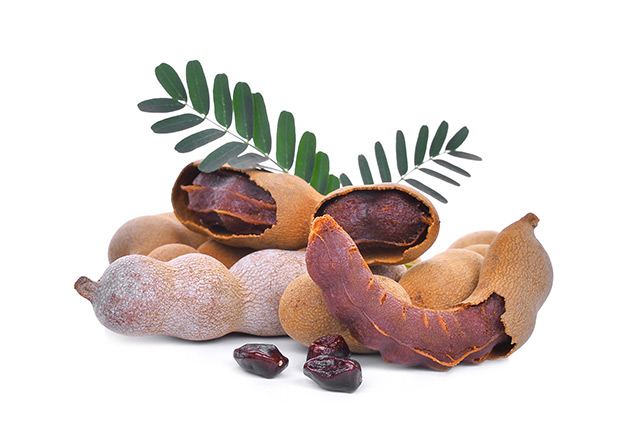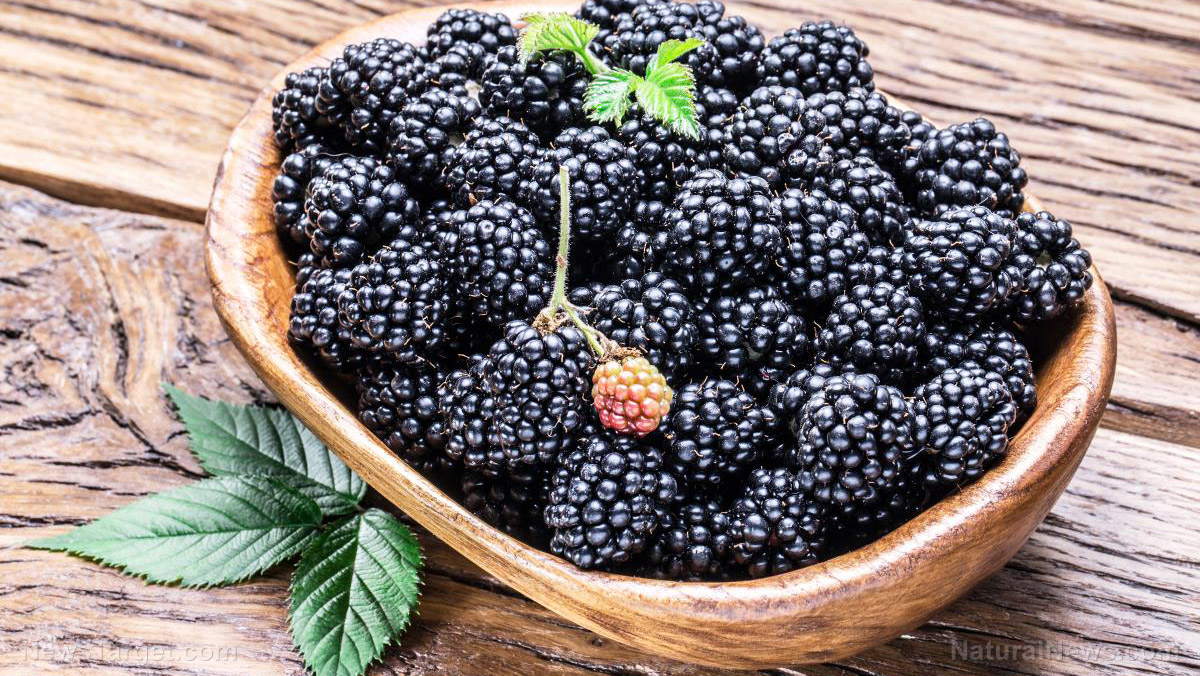Recent research confirms the highbush variety of blueberries contains potent antibacterial and anti-inflammatory properties
11/19/2018 / By Isabelle Z.

When you think of healthy foods, blueberries may be one of the first to come to mind. There’s no doubt they offer substantial benefits for your health, but studies have shown that one variety in particular stands out on account of its potent anti-inflammatory and antibacterial properties.
The highbush variety is named for its rather tall plants, which can reach heights of eight feet; in contrast, the lowbush, or wild blueberry, is a shrub that doesn’t usually surpass two feet. These berries are bigger and more abundant than the lowbush varieties, although they are often not as quite as sweet as their smaller counterparts. They are native to the eastern and southern U.S. as well as eastern Canada. In fact, the North American continent produces more than a billion pounds of these nutritional powerhouses each year.
What makes these particular blueberries so special? Researchers from the Universite Laval in Canada isolated the proanthocyanidins found in the berries to assess their effects on certain bacteria, like the Aggregatibacter actinomycertemcomitans that plays a key role in gum disease. They also examined their inflammatory responses, and their findings help to cement blueberries’ superfood status.
They found that the blueberry compound reduced the growth of bacteria significantly and helped to minimize damage while also protecting cells from harmful inflammation and other negative effects. This effect was so powerful that the researchers believe the fruit could be used to create therapeutic remedies. Their findings were published in BMC Complementary and Alternative Medicine.
While the highbush variety was the star of this study, blueberries in general have anti-inflammatory and antibacterial properties that can boost brain and heart health. A study published in the Journal of Nutrition found that blueberry powder supplements reduced the markers of inflammation associated with a high-fat diet and boosted good gut bacteria numbers. It was also linked in this study to improvements in sensitivity to insulin.
The Canadian researchers were most concerned with the proanthocyanidins in blueberries, which are phytochemicals that give them their distinctive blue hue. Studies have shown that anthocyanidins help preserve collagen and support the integrity of blood vessels throughout the body. By protecting the blood vessels around the heart, they can also lower the risk of cardiovascular disease. They also contain other useful phytonutrients, such as quercetin and bioflavonoids.
Blueberries are excellent sources of the important antioxidant vitamin C, which can protect cells from damage and helps the body to absorb iron. Their high soluble fiber content means that they can aid digestion and keep you full for relatively few calories. Studies have also demonstrated their value for vision, skin health, bone strength, and mental health. Their ability to protect the brain from the oxidative stress of age-related decline means they can help maintain brain function as you age and even improve it.
Getting the health benefits of blueberries
If you’re looking to get the health benefits of blueberries, it’s always wise to choose organic so you can avoid pesticides and their dangerous health effects. Growing your own is the best way to ensure they’re free of contaminants. Blueberries can be frozen easily and their texture will still be acceptable as a mix-in to yogurt or oatmeal once thawed, but keep in mind there is conflicting research about whether or not freezing the berries degrades their anthocyanin content. You can’t go wrong, however, if you opt for fresh, organic blueberries – especially if they’re the highbush variety!
See Fruits.news for more science reporting on the benefits of fresh fruit.
Sources for this article include:
Tagged Under: anthocyanins, anti-inflammatory, antibacterial, antioxidants, bioflavonoids, Blueberries, fruits, grocery cures, gut health, heart health, highbush blueberries, inflammation, mind body science, natural remedies, nutrients, phytonutrients, prevent disease, quercetin, raw foods, vitamin C

















